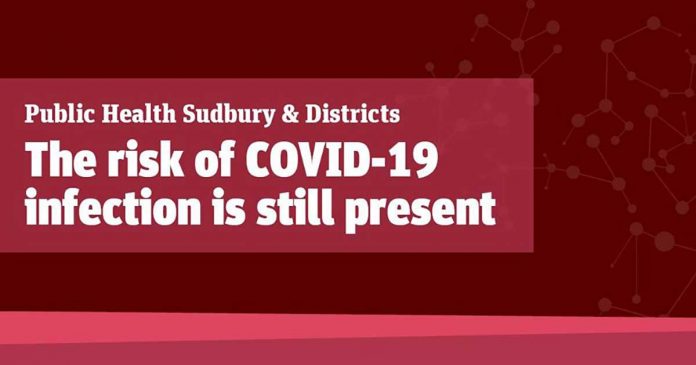ONTARIO – Paramedics working for Ornge, the non-profit air ambulance and medical transport provider that serves Ontario, are willing to go on strike in response to contract negotiations that include a provincially mandated wage freeze.
On Friday, Unifor hosted a vote among its members who serve as paramedics within Ornge. It announced the results of that vote Sunday, which showed members were 94 percent in favour of beginning a strike action, if they deem it necessary, during the labour negotiations.
A key impasse is Bill 124, which Ontario implemented in 2019, which states that all public-sector wages in the provinces may only increase by one percent per year. With the exception of 2013 and 2020, the rate of inflation in the province over the past decade has been above one percent.
“The road to avoiding a strike vote is to respect these COVID heroes and resolve this arbitrary and unfair wage cap,” said Jerry Dias, Unifor’s national president. “The premier has the power to exempt these paramedics from Bill 124 but has refused to act, even as they work around the clock transferring critical COVID-19 patients across Ontario (intensive care units).”
“Recently, the two parties reached a tentative agreement that was recommended unanimously for ratification. This tentative agreement conformed with the provisions of Bill 124 as required. We were disappointed to learn that the membership voted against ratification,” Ornge spokesperson Joshua McNamara shared in a statement from the company.
Unifor stated in a press release that land-based ambulance services were allowed to negotiate wages, exempt from the provisions of Bill 124.
Ornge paramedics’ previous collective agreement expired on July 31, 2020.
The company stated that it believes both it and the union want the essential paramedic services to proceed without any disruptions.
“In the days ahead, we will be engaging in discussions with the Unifor bargaining committee regarding next steps. Out of respect for this process, it would be inappropriate to comment further. We remain confident that the two parties will work seamlessly toward a fair settlement and resolution to this matter,” Mr. McNamara stated.
Fern Dominelli, CAO of Manitoulin-Sudbury District Services Board (DSB), which offers ground-based paramedic services to the District of Manitoulin, said he expected service disruptions locally if Ornge members should carry out their strike.
“It’s definitely going to have an impact because that service won’t be available, likely for non-urgent calls, so for people who need to get from Mindemoya or Little Current for a test like a CT scan or MRI (in Sudbury),” he said.
Manitoulin Health Centre (MHC) co-CEO Paula Fields said an Ornge strike would have serious consequences across the entire province.
“Ornge is critical to the services we provide here (at MHC) because they’re able to get our critical and injured patients to tertiary care in Sudbury,” she said, adding that air-based transfers are often safer for critically ill patients because they spend less time away from the hospital’s services during transit.
MHC’s contingency plan for transferring patients is a land-based service with a physician and a nurse, which it is used to enacting whenever Ornge is unable to provide patient transfer services if its crews are responding to other emergencies or the weather is not safe for air travel.
The Expositor emailed the Ministry of Health Monday morning seeking a statement on the potential labour action. It told this newspaper to contact the Ministry of Labour, Training and Skills Development.
“The Ministry of Labour, Training and Skills Development has to remain neutral on labour relations matters. We encourage the employer and the union to make every effort to resolve their differences at the bargaining table,” wrote a spokesperson in response.
Mark Etherington, a paramedic and district chairperson for Ornge, described how his colleagues have been helping in several parts of the province to help out with strained health care resources, as well as with the campaign to vaccinate residents of remote communities in Northern Ontario.
He advocated for provisions for health care workers to access more services to deal with the fallout from the pandemic, including visiting professionals to work through post-traumatic stress disorder.
Unifor Local 2002 president Don Ross described some of the complexities involved in transporting patients across Ontario.
“We are pleading to have the only paramedic group affected by (Bill 124) to be granted an immediate exemption. We are asking that the words and sentiments of the government turn to action,” said Mr. Ross, referencing Premier Doug Ford’s effusive praise for front-line health workers during the pandemic.
Mr. Dias said the union is in bargaining with the province and implementing an essential services protocol. After that stage, the union will set a deadline for negotiations.
“We’re expecting this entire process to be completed within the next couple weeks,” he said, urging the premier to “do the right thing” and exempt Ornge paramedics from the wage-restriction legislation.
Unifor Local 2002 represents 200 Ornge paramedics.





